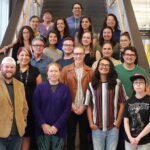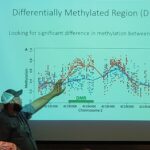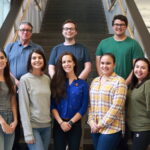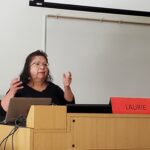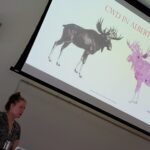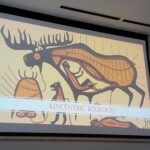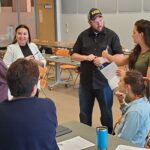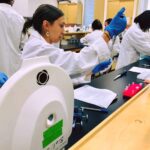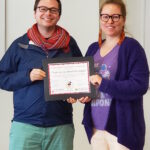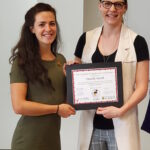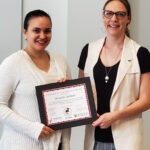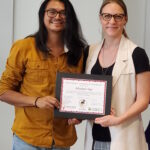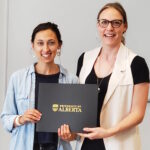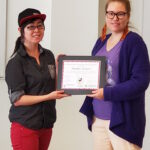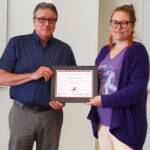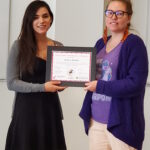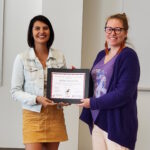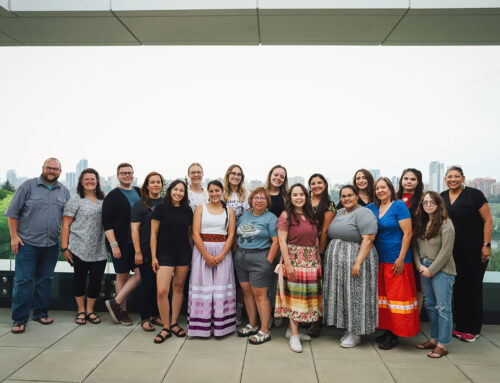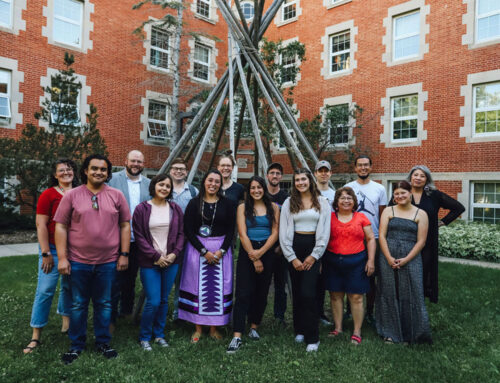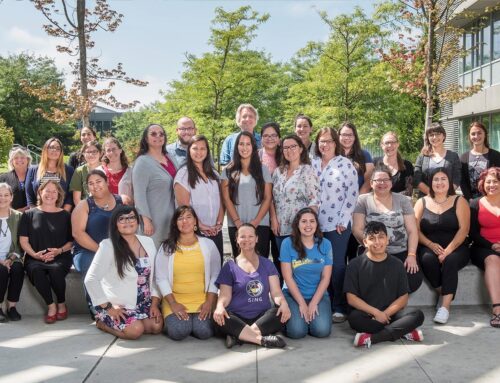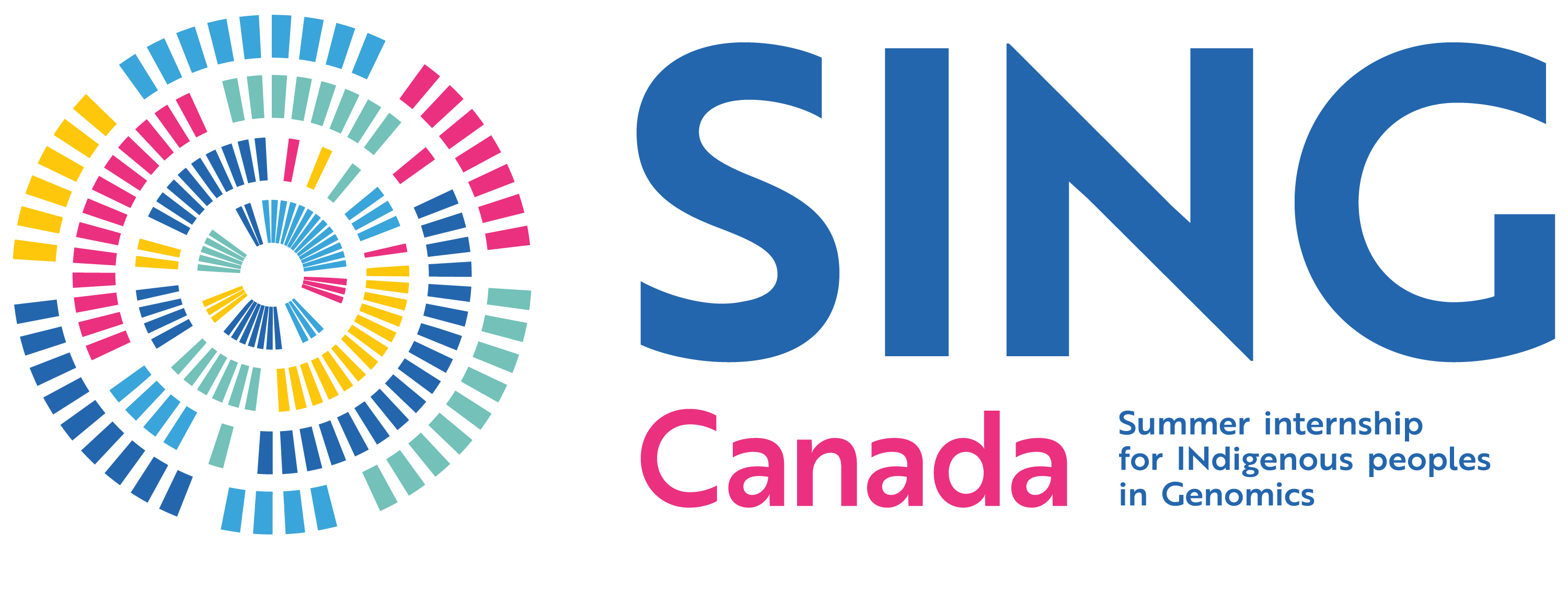2019 Workshop
Theme: Interdependence of human and non-human animal health related to chronic wasting disease (CWD)
The 2019 Summer internship for INdigenous peoples in Genomics Canada (SING Canada) took place from 14 July – 20 July 2019 at the University of Alberta in Edmonton, AB on Treaty 6 and Métis territory. For this workshop, a multi-disciplinary team of faculty members, including renown Indigenous Studies scholar, Dr. Kim TallBear, led participants in investigating the interdependence of human and non-human animal health related to chronic wasting disease (CWD). CWD is an always fatal contagious prion disease that affects deer, elk, moose, and reindeer (cervids). In Canada, CWD is currently present in deer, elk, and moose of Central and Southern Alberta and Saskatchewan; and the range of the disease continues to expand. Indigenous hunters and communities are uniquely impacted by the effects of CWD and have serious concerns regarding its implications for human, animal, environmental, and community health. Yet, Canada lags far behind in involving Indigenous peoples in awareness and management of CWD. For example, nearly all public education materials about the disease are both geared and delivered to non-Indigenous hunters; and there is only sporadic inclusion of Indigenous peoples on provincial CWD advisory committees.
SING Canada 2019 participants learnt about the biology of CWD, genomic approaches and efforts at the University of Alberta to develop tools to test at-risk animals and their environment, identifying disease strains, and modeling potential risks to predict the spread of disease. Genomic analysis highlighted sequence variability of the prion protein gene; a major factor in CWD susceptibility. Participants were trained in these technical-oriented methods and skills through the prism of Indigenous bioethics wherein participants will consider the ethical, environmental, economic, legal, social (GE3LS), and colonial implications of genomics as well as its potential utility for Indigenous governance in CWD zones. Indigenous territories in Alberta are placed well to be a hub for CWD research because of the scientific and Indigenous capacities in this area as well as the presence of CWD among the cervid populations. Participants of SING Canada 2019 took away knowledge of the various relationships in Treaty 6 and Métis territory between Indigenous peoples, their non-human kin, academic researchers, the Province of Alberta, and the Federal Government as they relate to CWD-related policy.
Photo Gallery:
Certificate Ceremony:
Sponsors:
Our SING Canada 2019 sponsors include the University of Alberta Faculty of Native Studies, Genome Canada, Genome Alberta, Silent Genomes, LifeLabs, the University of Alberta Department of Biological Sciences, and the University of Alberta Centre for Prions and Protein Folding Diseases.

